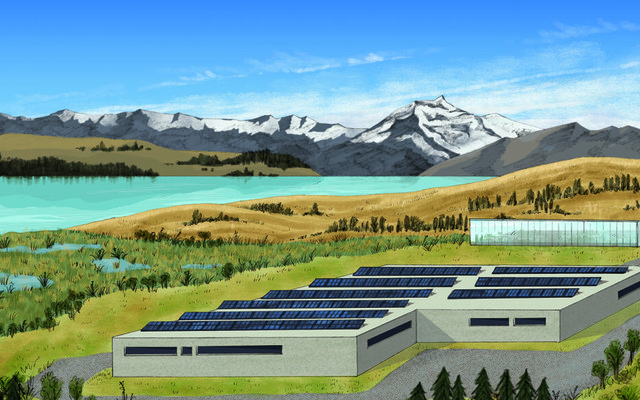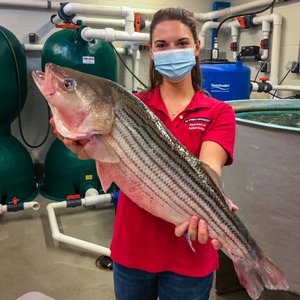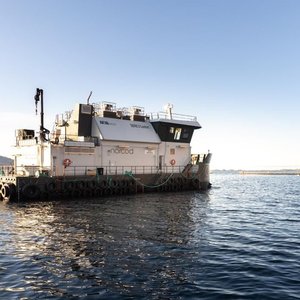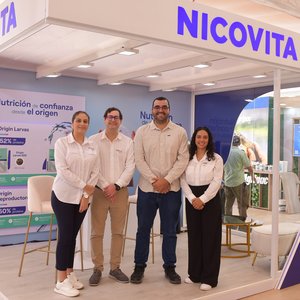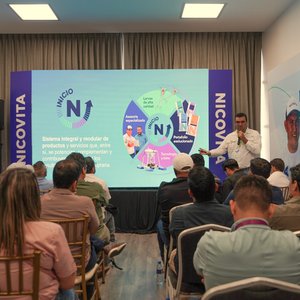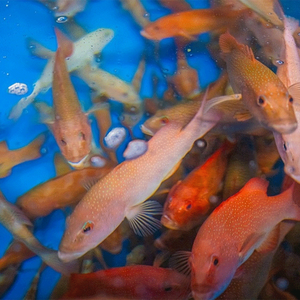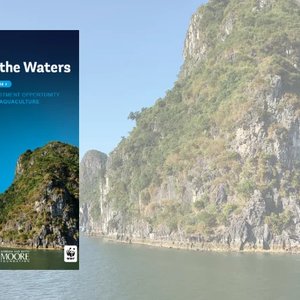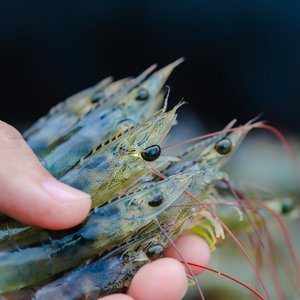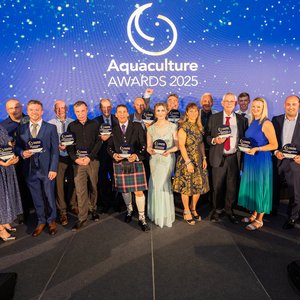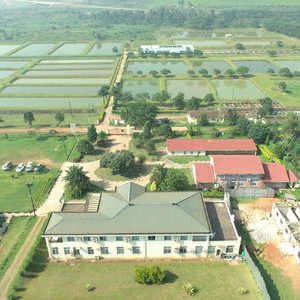Mt. Cook Alpine Salmon will build a prototype for a land-based salmon farm in the Twizel region, supported by the Sustainable Food and Fibre Futures (SFF Futures) fund from New Zealand’s Ministry for Primary Industries.
The company, which is currently at the highest 4-star Best Aquaculture Practice rating, is a freshwater King Salmon producer that exports over 60% of its production to markets around the world. It operates five salmon farms in glacier-fed hydro-canals and owns two hatcheries and two processing plants as well.
Oceans and Fisheries Minister David Parker attended the launch and visited the freshwater salmon farms to hear about Mt Cook Alpine Salmon’s program for building the prototype. SFF Futures is committing NZD 6.7 million (USD 3.8 million) over six years to the NZD 16.7 million (USD 9.4 million) project which fits in both the government’s aquaculture strategy for securing NZD 3 billion in annual revenue and the "Fit for a Better World" roadmap for the food and fiber sector, which aims to boost sustainability, productivity, and jobs in the country over ten years.
“Demand for healthy, sustainably produced aquaculture products continues to grow, and land-based salmon farming will enable New Zealand to boost the supply of this high-quality, high-value product,” said Steve Penno, MPI’s director of investment programs. “Land-based aquaculture is a key pillar of the aquaculture strategy, which relies on innovation across the aquaculture sector. This project is an excellent example of smart thinking in exploring what land-based farming could look like for New Zealand, based on next-generation salmon farming techniques.”
To build the new land-based salmon farm, Mt. Cook Alpine Salmon relies on its aquaculture division’s know-how and on global experts that will bring advice to design the advanced water management system. A 1,000 tonnes hybrid structure will be created, with a part for a flow-through system that will emulate the unique conditions of the glacial-fed canals. The facility will be designed to optimize energy use through gravity-fed water and integrate renewable and low-energy solutions.
Furthermore, the SFF Futures partnership will include new best practice processing standards for ready-to-eat salmon, and trialing the commercial viability of Sockeye salmon, which is usually seasonal and generally only available as wild-caught.
“This differs from the recirculating water systems used by most overseas land-based farms. The design will capture waste, control the flows better to suit the fish, and provide a stable, ideal growing environment. Being land-based, it has the opportunity to deliver greater automation and monitoring systems in an all-weather working environment. The nutrients from the salmon operation will be collected to support an aquaponics crop, taking a circular approach and generating value from a zero-value waste stream. This will link to a wetland area that would further purify the water,” said Cole.
“Mt. Cook Alpine Salmon pioneered salmon farming in the hydro-canals in 1992. It is very fitting that it will continue to lead the way with this innovative approach to a land-based farm. A successful pilot will see the opportunity to scale up and to later replicate the proven concept, with huge potential overseas,” said Bill English, Mt. Cook Alpine Salmon’s board chairman.


